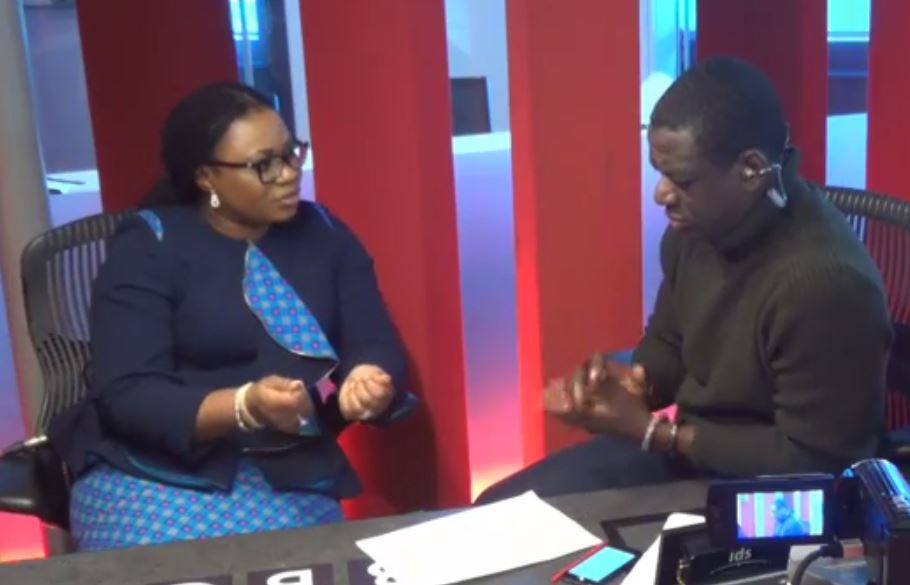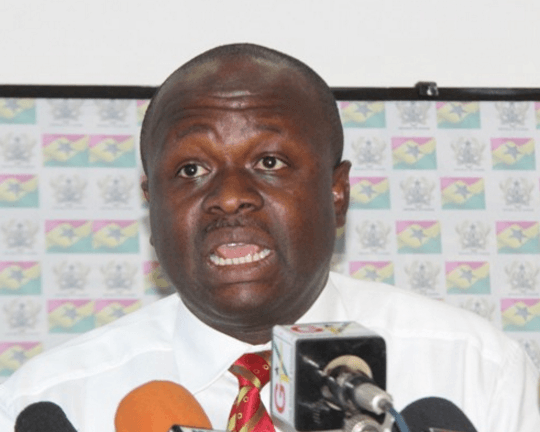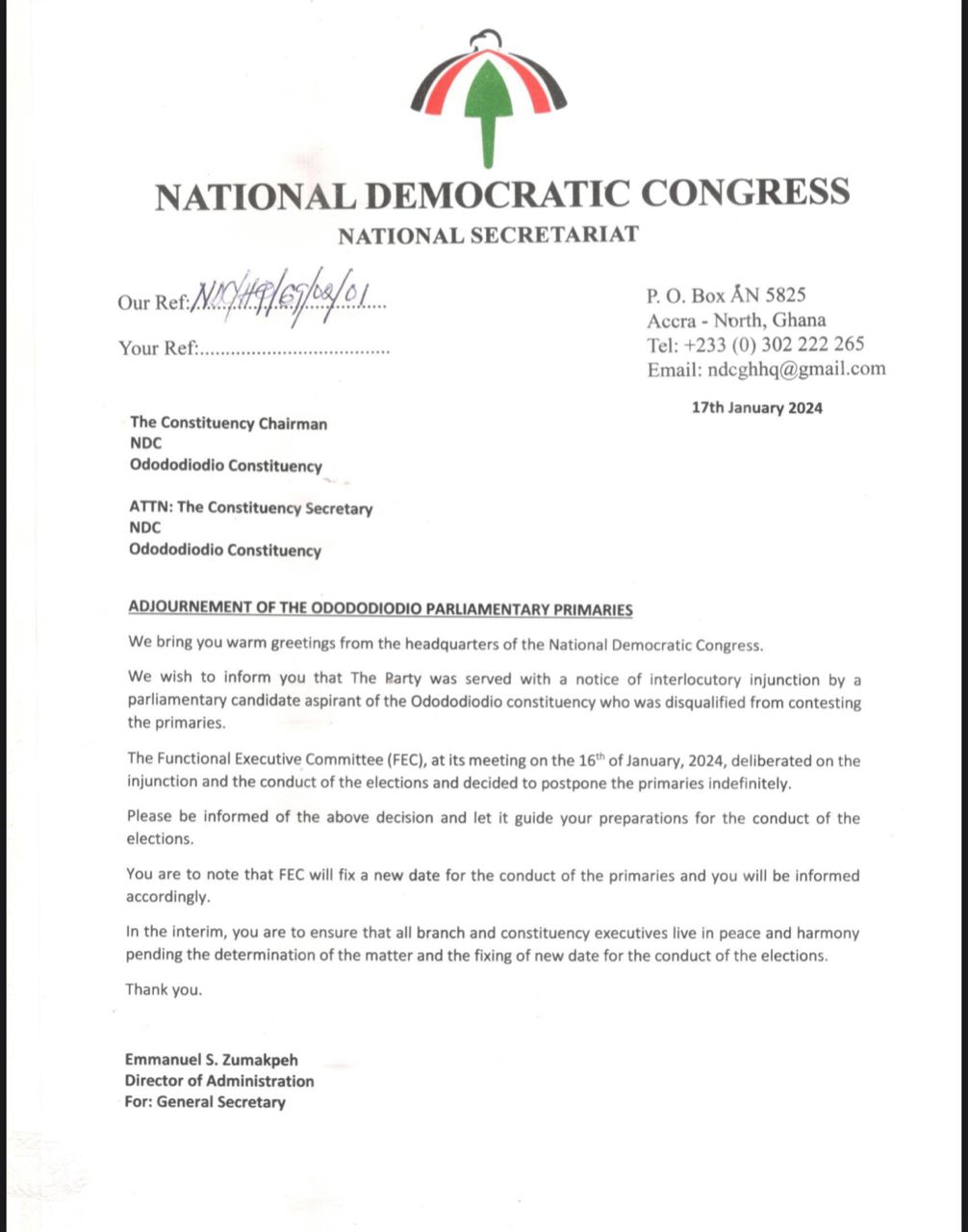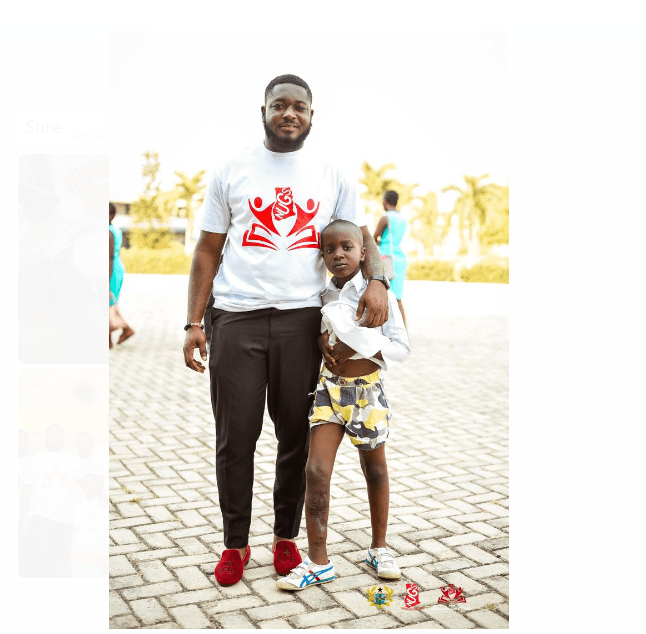
The Electoral Commission has stated that the current legal tussle between the commission and some aggrieved political parties over the disqualification of their presidential aspirants, will not affect the 7th December date for the elections.
“…From the point of view of the commission; the election would definitely happen on December 7,” Chairperson of the Commission, Charlotte Osei said.
Critics are skeptic about the possibility of the election date, following the numerous lawsuits the commission has had to respond to in court, for disqualifying some 12 presidential aspirants from the race.
But speaking to the BBC’s Akwasi Sarpong in a Facebook video, Charlotte Osei said the courts are aware of the limited time left ahead of the polls, and thus would expedite ruling on the cases before them.“The Supreme Court is very aware of the timelines. We’ve also told the courts how much time we need with the printers to print the presidential ballots. We’ve done all that; and it’s in our pleadings and they are aware of that.”
About five political parties are currently litigating the EC’s rejection of their flagbearers.
As many as 12 presidential aspirants were disqualified for committing errors in the filling of their forms, an incident many have described as unprecedented.
Earlier, an Accra High Court ordered the EC to allow the Progressive People’s Party (PPP) to correct the errors on the nomination forms of its flagbearer, Dr. Papa Kwesi Nduom, but the EC quickly went to the Supreme Court to have the ruling quashed insisting that it [EC] acted “so far as we are concerned, in accordance with the law.”
Why go to the Supreme Court
While defending the commission’s decision to go to the Supreme Court, Charlotte Osei argued that, she trusts the apex court would bring finality to the brawl.

“They are right to go to court; but they are all at the High Court and so you have a situation where different High Courts are giving different rulings. So if one high court says accept this candidate; and another one says do not accept a candidate, so it’s also not a level playing field. So what the commission did was to make an application at the Supreme Court and there is finality to what the Supreme Court says; and the lower courts are bound by the decisions of the Supreme Court.”
“Once the courts speak to that, then everyone knows what the actual nomination period is; and whether the commission can legally permit corrections now,” she explained.
“If we don’t do what we’ve done, you risk the multiplicity of high court suits. You could also have a situation where you go as a commission and you say we are going to permit these corrections outside the filing period; and your decision is also challenged by candidates who have properly qualified and who acted within the nomination period. So you cannot only look at the case from the perspective of those whose nominations were not accepted. You also have to look at the right of those who met the requirements between the nomination period and the fact they can challenge you if you open the door in their view, illegally, to other candidates to come and contest them; so we have to be very balanced and we have to follow the law. The law is not always how we wanted; but we have to follow the law.
Why not IPAC?
When asked by Akwasi Sarpong why she didn’t call an emergency Inter Party Advisory Committee [IPAC] meeting to have the issues resolved, CharlotteOsei stated that “IPAC is not a law court.”
“This is a legal issue. At the IPAC stage you discuss what the processes are, you don’t discuss the law, the law is passed by Parliament. You don’t resolve legal challenges at IPAC. How is IPAC going to deal with that?”
–
By: Godwin A. Allotey/citifmonline.com/Ghana
Follow @AlloteyGodwin
Read Full Story




















Facebook
Twitter
Pinterest
Instagram
Google+
YouTube
LinkedIn
RSS